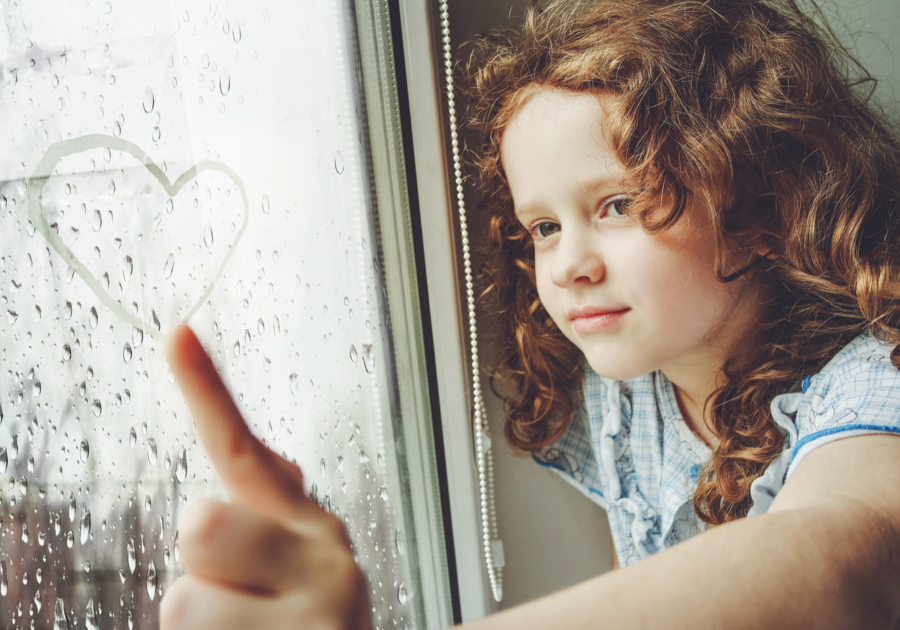I have a tough subject to talk with you about: the extreme and extensive impact of a loved one’s suicide.
Suicide is always shockingly sad anytime we hear of it, whether we know the person or not. When it happens to someone we care about, like our spouse, parent, a brother or sister, a child or teenager, a neighbor, cousin, uncle, aunt, coworker or friend, it knocks the wind out of us, like a punch in the gut. It is hard enough to lose someone in the normal course of living, but to lose them to suicide is immeasurably hard to grasp. It is an unexpected ending and our lives are suddenly changed.
When someone is the one left behind by a suicide they experience so many emotions, unusual circumstances, awkward conversations, and they have so many questions, most of which have no good answers. If this were to happen to you, here are some things you may experience:
You may have to endure a police investigation. A police investigation can be unsettling, especially when you’re grieving. The police have to investigate and they are looking for information, but because of the shock and confusion, giving answers may be difficult.
You may feel confused, forgetful, or exhausted. A typical reaction to traumatic events is to feel confused or forgetful. You may forget to do your usual routines, like eating or brushing your teeth. You may feel like you can’t think straight. You may experience extreme exhaustion (as is typical with emotional pain), yet sleep can be elusive.
You may feel abandoned, left alone by someone you thought cared. You may wonder, “Didn’t they care about me?” and “Why wasn’t my loving them, enough? Why didn’t they come to me?” Children may wonder what they did wrong.
You may be in denial and not believe that this actually happened, and that it was actually a suicide.
You may feel numb and feel nothing. You may even think you have gotten over the event. Then, suddenly, you are living it with intense emotion.
You may have regrets about not having known they were in serious trouble. Some people present as fine on the outside and are torn-up with despair on the inside. Sometimes they work really hard to hide these feelings from loved ones. I have known many people who say “I wear a mask.”
You may feel guilt or responsibility. “If only I had…” and “If I would have/could have done something, they would still be here.”
You may be angry. You may be very angry--at the person (“How could she do this?” “How could he throw away his beautiful life?”) or at those who you feel should have helped (“Why didn’t the doctor/the school/the counselor do something?”) It is no one’s fault, and certainly not yours.
Your faith may be rocked. “How could God let this happen?”
You may feel shame about it and not want it to be public knowledge. There is stigma which makes us not want to share when we or a loved one struggles with mental illness. Our society has equated emotional suffering with weakness.
You may feel relief, which often leads to feeling more shame because you do feel relief. When someone is depressed to the point of suicide it affects everyone around them. Their depression can make us feel hopeless and anxious.
You may feel depressed, and alone in your grief.
Emerging after someone’s suicide takes time. It is best to allow yourself time to grieve, to feel what you feel, and to talk about your questions with a counselor, pastor, or a caring friend. Don’t do it alone. If you feel depressed, or in spiritual despair, seek help. If you feel suicidal, seek help.
This person you have loved was part of your world. Talk about your loved one by remembering the good times, as well as the bad times. This can help with healing. Say their name. It keeps them alive in your heart. Eventually you will come to your own acceptance and peace. Be gentle with yourself.
Suicide Hotline: 1-800-273-8255 Maine Crisis Hotline 1-888-568-1112
Luanne Starr Rhoades, LCPC, LADC, CCS is a professional counselor and the Outpatient Therapy Director at Health Affiliates Maine, a mental health and substance abuse treatment agency serving adults, adolescents, children, and families. For more information or if you or someone you know needs help, call us at 877-888-4304 or visit our website www.healthaffiliatesmaine.com and click on “Referrals."



